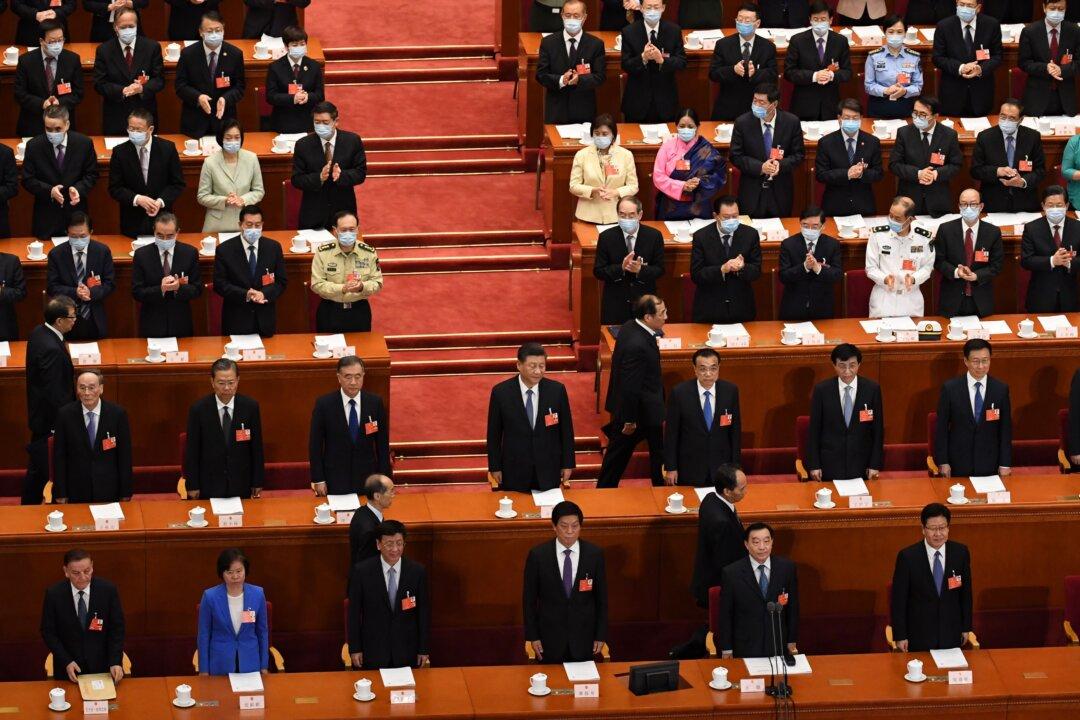Commentary
The Chinese regime’s constitution is vague and arbitrarily enforced by the Chinese Communist Party (CCP), just as Xi Jinping prefers.

The Chinese regime’s constitution is vague and arbitrarily enforced by the Chinese Communist Party (CCP), just as Xi Jinping prefers.